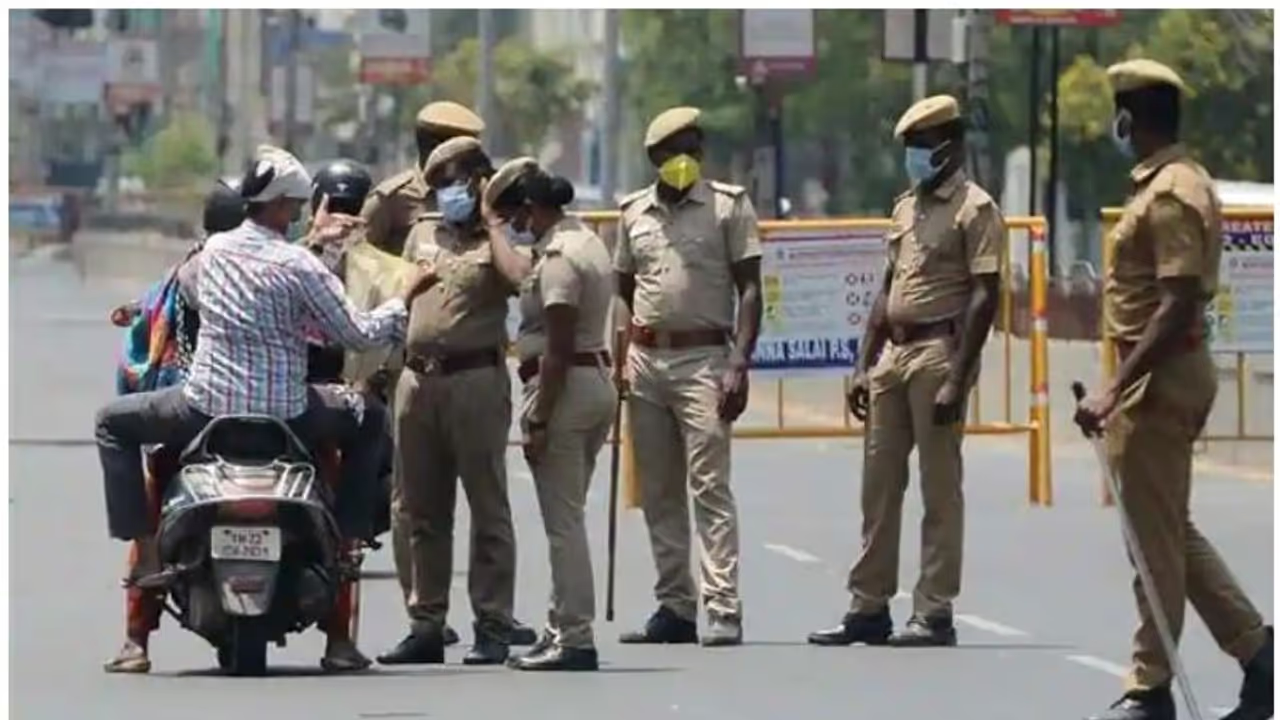Dubbed as 'Jan Anushasan Pakhwada', only shops and establishments dealing with essential services will be allowed to remain open during the period.
Owing to an alarming rise in Covid-19 cases in Rajasthan, the state government on April 18 imposed a statewide lockdown till May 3. Dubbed as 'Jan Anushasan Pakhwada', only shops and establishments dealing with essential services will be allowed to remain open during the period.

No restrictions will be imposed on the movement of government officials, police, Home Guards, fire services officials, public transport staff, civic officials, sanitation workers, health workers and medics travelling with identity cards, an official order said.
Grocery shops and stalls selling fruits, vegetables, dairy products and milk will be allowed to remain open till 5 pm during this "self-discipline fortnight".
Rajasthan chief minister Ashok Gehlot announced a series of restrictions to curb the spread of the coronavirus disease (Covid-19) as the western state on Sunday witnessed its highest rise in cases so far, recording 10,514 fresh infections and 42 related deaths, according to a health department bulletin. Its infection tally now stands at 414,869 including 3,151 fatalities.
All government offices, markets, malls, commercial establishments and workplaces will remain closed. However, activities related to the employment of labourers, like factory and construction work will be allowed to continue.
To strictly implement the wearing of masks, action under the law will be taken against those not wearing masks at public places and in workplaces.
Those who are travelling will have to show their tickets to be allowed to go to or come home from railway stations, metro stations and airports. Those coming to Rajasthan will have to show a negative report of the RT-PCR test done in the preceding 72 hours.
Auto rickshaws, mobile vans will be allowed to ply till 7 pm.
The number of attendees in functions, marriages and other social gatherings will be capped at 50. For funerals, no more than 20 persons will be allowed, as per the order.
